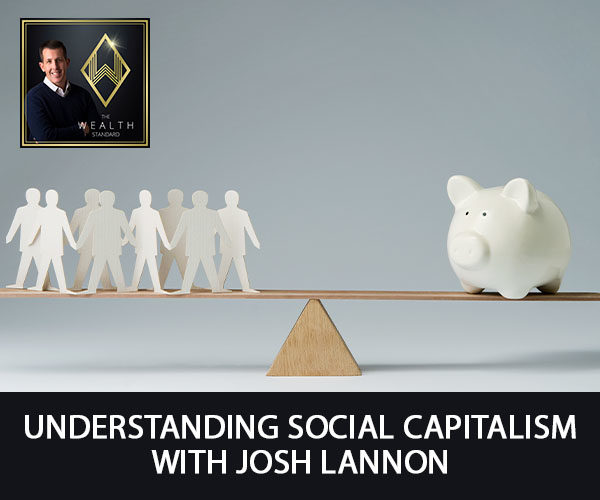Understanding Social Capitalism with Josh Lannon
Podcast: Play in new window | Download
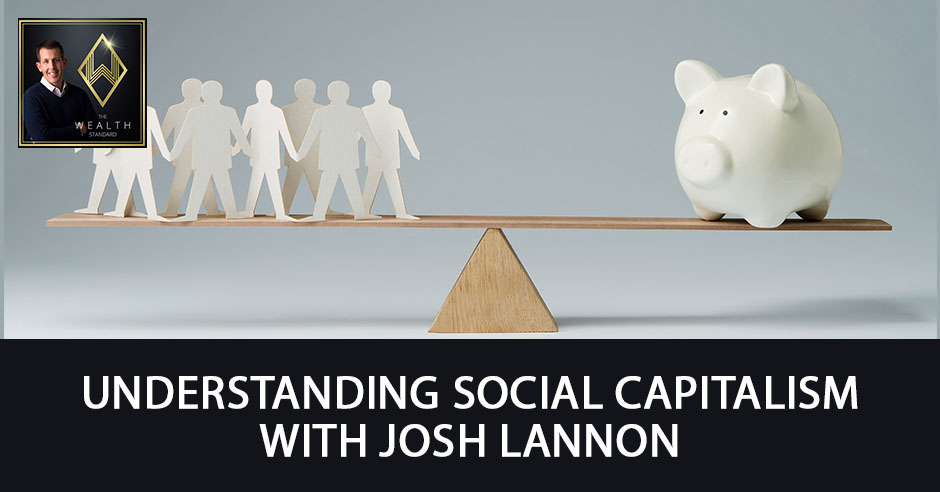
—
Listen to the podcast here:
Understanding Social Capitalism with Josh Lannon
The individual that we have on, Josh Lannon is a dear friend of mine and we’ve had some incredible conversations over the years. With what he’s doing now as a business and as a social capitalist is changing so many lives. Josh is the co-author of The Social Capitalist book which is part of the Rich Dad Advisor’s series. He is the President and Founder at Warriors Heart which is in Bandera, Texas, a healing center for first responders and veterans. Josh is one of the most committed and hardworking guys I know. He’s a social entrepreneur committed to building businesses that focus on the development of people and creating positive change. Josh, thanks for taking the time to talk about capitalism from your vantage point.
Thanks, Patrick.
We had an interview a few years ago when your book came out. Instead of getting into the breadth of your story which goes deep, take a minute to define what social capitalism is as far as how you understand it. Why is that important especially in our day and age where the amount of social problems continues to grow?
I’ll frame up a little bit of personal story because it connects in the why. Any social entrepreneur and social capitalist is driven by a why, a mission. Many years ago, I quit drinking. I got sober, I went through a program. I quit drinking. I made a declaration to God, to the universe. I said, “Nothing’s ever going to control me like that ever again.” I’m not going to let this alcohol control me again. I’m going to jump into my recovery, my sobriety and reclaim the power back in my life. There’s a saying, “When the student is ready, the teacher will appear.” Robert Kiyosaki came into my life many years ago. The message I got was, “You’re addicted to money.” That hit me at my core. Here I am freshly in sobriety, I make this declaration and then Robert’s teaching me and I’m learning that I’m dependent upon money. When I think about it, the average person, you take away their paycheck for two weeks, there’s a major detox that’s going to happen. There’s fear, there’s all that stuff that’s going to happen where it’s like, “How am I going to pay my bills? How am I going to take care of my family?”
It’s like you take a drug away from someone. He’d go into the relapse or you go into detox. It was like, “I’m going to learn how to master money. I’m going to study money. I want to become a student of money. I want money to serve me and not for me to serve money.” With that, since I’m not going to allow money to control me, what’s my drive if it’s not money? Money’s never been enough. You make good money then you get bigger toys and it’s this drug that’s always going and going. It is a mission. What’s your purpose in life? What’s your mission in life? What’s your why? To me, that’s what social capitalism is. Yes, money is important because it keeps the whole thing afloat and going but it’s not the main purpose. The main purpose is your passion. It’s your why. It happens to be serving those fellow alcoholics, addicts that are struggling with chemical dependency. I knew that on a personal and intimate level. My business, my passion became helping other guys get sober and we built a multimillion-dollar business out of it.
It’s amazing because what you’re saying is rarely dissected. In the end, what is money? Money is a tool of exchange, but it’s the medium for different aspects of value. If you look at what we exchange for our electricity, food, house or rent, the value isn’t in the money. The value is in what its exchanged for. I would also say the creation of money also comes from you being valuable in some aspect. What I’ve discovered over the years is when you align a higher purpose to the value you’re providing, it multiplies.
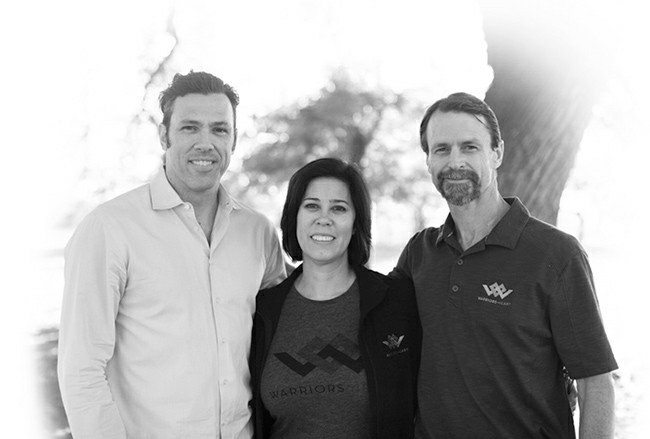
I’m a capitalist. I want to create value. I want to create products and services that improve people’s lives. I’m also a socialist that I want to take care of people when they’re down and they’re hurting to be there as, “I got your back. I got you covered.” It’s not one’s right, one’s wrong. It’s how can we blend the two together where our businesses have a higher calling than money. Our businesses add value to our lives, to our communities, to our nation and to the world. That is a higher calling than money.
What I found this season is that everybody defines capitalism differently. There are many ways to define it. Some are accurate, some are rhetoric and opinion but in the end that’s what people believe that’s their truth. I looked at the consensus. What I’ve looked at is the definition of capitalism dating back to when the actual term was created. There is accountability that there’s more produced with the resources expended. If you look at that especially when it comes to a social challenge whether its poverty or what you’ve specialized in for years which is substance addiction typically is to throw money at the problem essentially, not necessarily have care for profit or accountability. How I describe profit is that you have more output than you have input. Talk to that as far as how you’ve come to understand capitalism and its role in the accountability over expending certain resources for a given issue.
It’s interesting because there’s such a polarity now of thoughts and confusion of definition of what is socialism? What is capitalism? You see it as this underlying anger out there. The truth of the matter is I want to increase or improve the value of people’s lives. I do that using business as a source for good. It’s a power to do that. I’m not going to use capitalism to create cigarettes. I don’t believe in it. It harms the body. People get addicted to it. On the other hand, it’s like someone else says, “You have freedom of choice. You can smoke if you want. I don’t care.” I’m not going to have my energy, my focus, my resources invest into something I don’t believe in. That’s what I love about entrepreneurs and capitalism because we have freedom of choice to create something we want to that adds value to people’s lives.
Typically, the value you bring to the marketplace was Journey Healing Centers previously, now it’s Warriors Heart. These are challenges that seem to be increasing where individuals are relying on substances and essentially becoming addicted to them which ultimately negatively impact their lives. This challenge is approached with a government as the body which takes on the challenge. You’re approaching it from a different standpoint. Talk about why you’ve decided to go that route and then what you see as the difference between your approach and what would be essentially a government approach.
With Journey, we sold that business several years ago and we refocused. Warriors Heart is our main operation now. Warriors Heart is on a 543-acre ranch outside San Antonio, Texas. We serve active military veterans and first responders. What we found is that where do our military go if they need help? On the private sector, they go to a facility that has a mixed population. They’re mixed with civilian, if you will. Civilians, they’re curious on, “What was it like over there? How many people did you kill?” They have amateur questions and guys don’t want to hear that. They don’t want to go through that. There’s definitely a difference between a civilian and a military guy. It’s the same thing with our police officers who work. The VA is another option for our military which is a major institution. They’re not prepared and have been able to handle this flow of guys we have coming back and they’re overwhelmed. There’s no anything good on that side for the military.
On the police and law enforcement, it’s the same thing. What are you going to do, mix them in a population with guys that they may have arrested? They get it as like, “We’re both struggling but we’re on opposite sides of the fence.” The solution was why not a private organization like Warriors Heart step forward and say, “We’re only going to serve this warrior class population, a niche market exclusively.” What we’ve done is we’ve gone through all of our licensing accreditations and TRICARE approved so we can take government insurance. We’ve got contracts with the VA and they are paying for our guys, for our warriors to go through our program. The modality is we can move faster, leaner and use technology for the treatment for PTSD, treatment for chemical dependencies in this holistic model that is more effective than what’s happening in the big institutions.
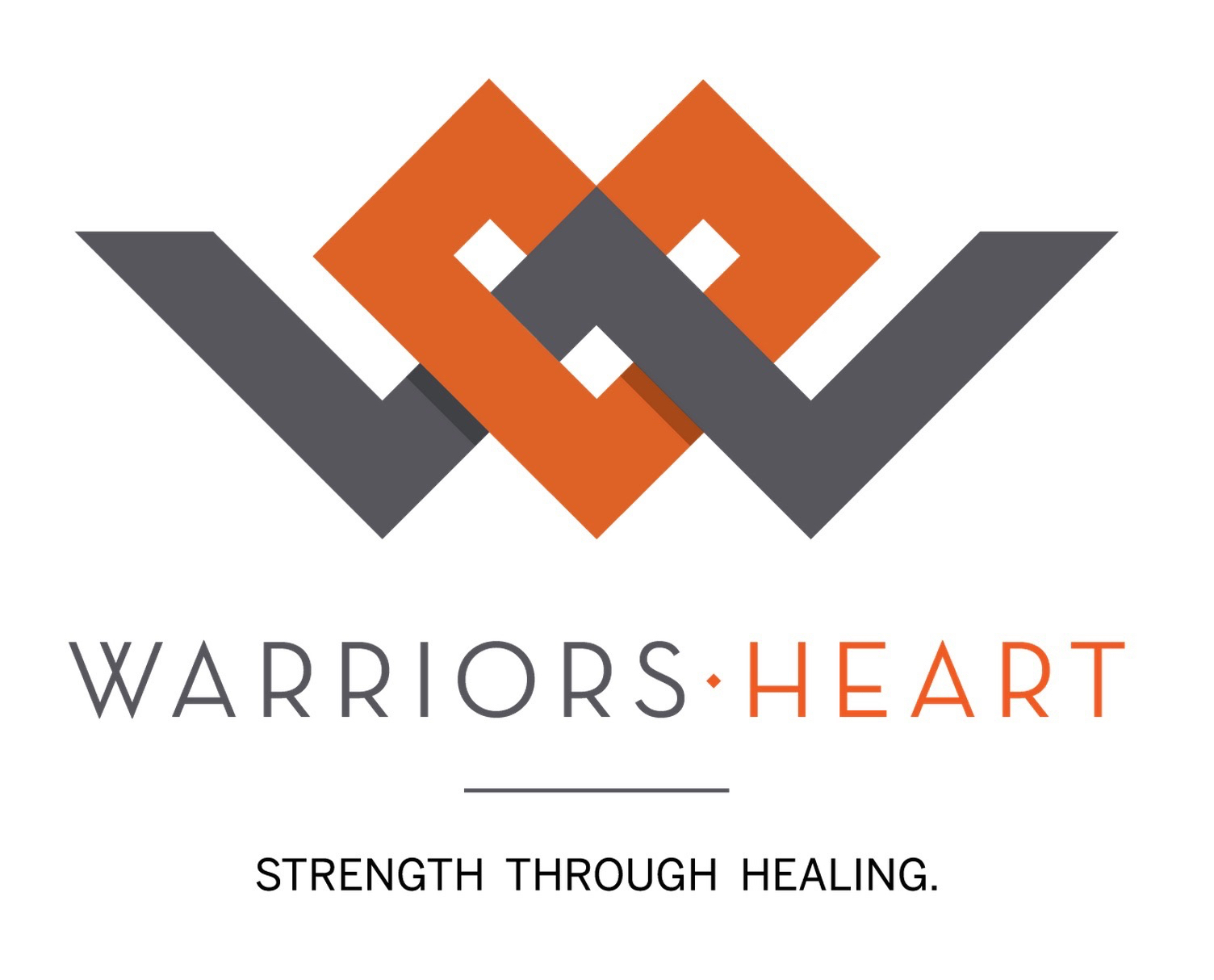
You look at the issue and you’re hitting on some things. I often think that throwing money at problems should be the last resort. I know some of the challenges you faced in being able to get the sign-off, whether it’s the VA or insurance for what you guys do. In the end, what’s driving you to get that because you understand potentially a better way to create some true healing and lasting healing in those that experienced trauma in a unique way compared to most people is the level of accountability because they’re giving you to sign off on insurance, giving to sign off on funding from the VA. If you don’t create a high-level experience with good success, then that’s essentially going to get cut. Whereas, I would say a lot of government programs don’t operate exactly like that. Maybe talk to that. What have you had to do generally speaking to make this business work?
It goes back to the why because that’s the core that drives everything else. I’m in recovery, I got sober 2001. My wife was a police officer in Vegas. Our partner in Warriors Heart was many years in the military, retired out a tier one operator. He was in Delta. We get it on a personal level. The population we’re serving and the struggles they have. We built it from the end user’s point of view and walked through the front doors of a program. I get it how scared to death one is. I don’t want to eat crappy food and talk to crappy counselors that they’re there because they don’t want to be there but they’re just collecting a paycheck. We built a team of professionals that get it on a human level and they’re mission-driven. One of the major deciding factors in why we’re doing things better is because we’ve lived it.
You guys were featured on The Today Show. It was an inspiring testimonial for the change that can occur. It’s a change of heart for people that experience things that most of us can’t even begin to empathize with. Talk to us about the difference you’re seeing in the lives of those who have put their life on the line for the protection of the country or for a community if it’s a local first responder.
Finding your purpose, your passion, or your tribe that's doing what you want to do and joining that team will be the fuel to keep you going. Share on XThe Today Show was a great exposure on who we are and what we’re doing. We partner with incredible companies like Grunt Style and Black Rifle Coffee. We’ve been featured in a number of television shows. The word is getting out. Teddy goes on The Today Show. He’s a great human being. It got to him, war and trauma. What he used was alcohol to medicate. He’s sober now and he’s given back and he wants to talk to people. He’s like, “Brother, my battle hasn’t stopped. It’s refocused now because I want to help other guys get sober.” That’s the fight. I get it. Even now they gave a hug to a young ranger battalion guy that was in our program. He’s on active duty. He’s extremely grateful. He’s like, “Thank you for what you guys are doing and how you’ve built this program. There’s nothing like this out there anywhere.” The fuel that feeds the spirit is talking to the guys on the frontline, going through the program and seeing it in their eyes. It’s like, “It’s working. Keep moving forward.”
It’s not just your why and what you’re driven to do. Talk about how that mission and why it impacts your company.
It should impact any social entrepreneur or anyone that says, “I want to do more in this world than make a bunch of money.” It’s to find your purpose, find your passion or find your tribe that is doing what you want to do and join that team. That will be the fuel to keep you going. That’s extremely important.
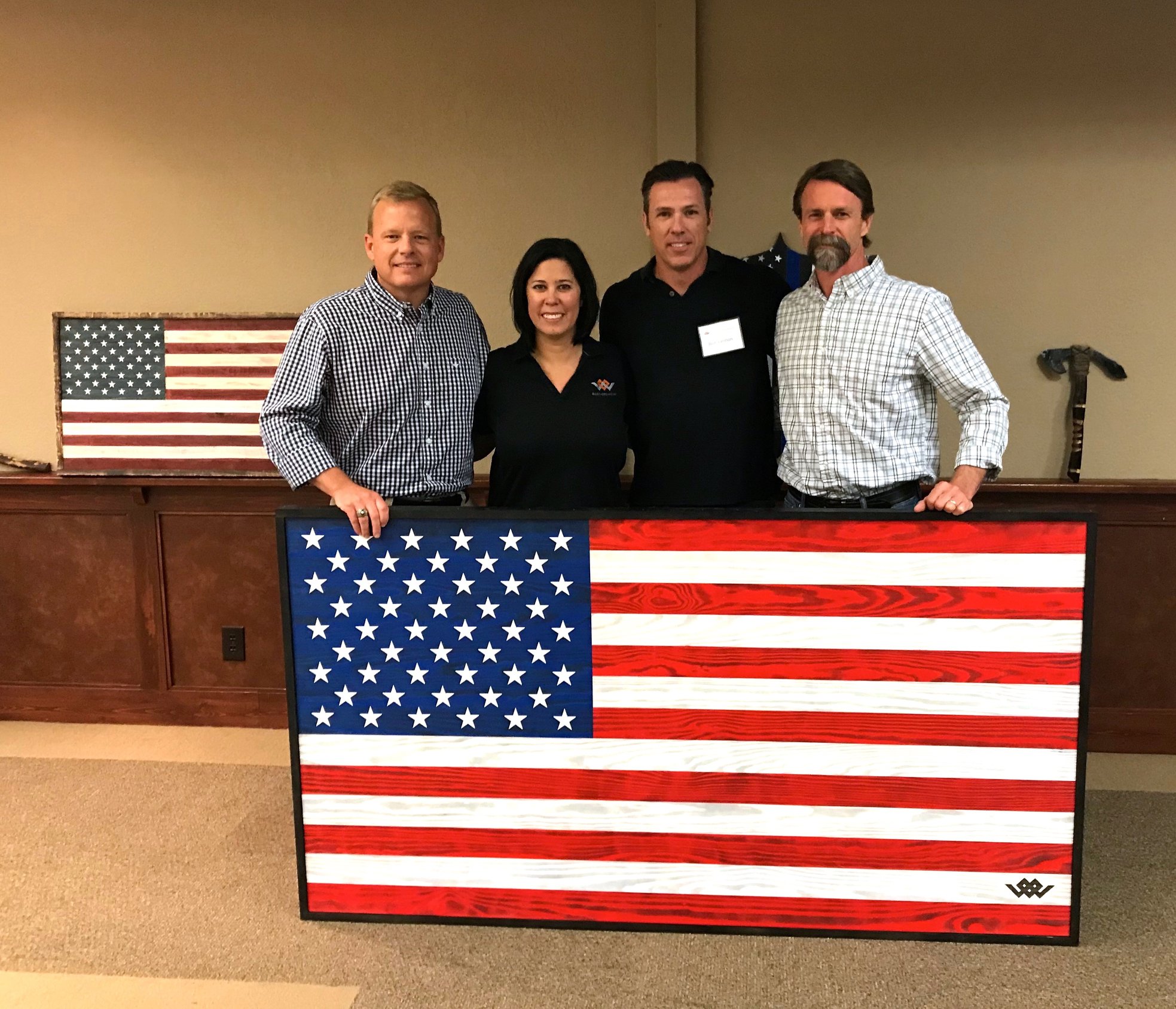
These are experiences that most don’t have and are challenging. If it’s a normal 9 to 5 person that’s hired and shows up for a paycheck, they handle things differently than a culture that is driven by purpose. I know there’s a form of social capitalism which is called conscious capitalism which was popularized by John Mackey, the CEO of Whole Foods. Talk about how the culture approaches these difficult challenges and how that might be different than how a person shows up to a typical 9 to 5 job?
It goes back to mission, purpose and passion. You see it with the teachers at school. If they’re protected by a union that they can’t get fired on, they’re not performing and they’re miserable. They’re horrible to be around. Every business, unfortunately, has those that probably should move on but they’re stuck there because of the paycheck. They’re scared to death to leave but they’re miserable. It’s like “Why are you here?” They say, “I need to get paid.” You’re making everyone else’s life miserable too. Why should we live like that? Life’s too short for that. Let’s move on. It’s not always easy but it’s worth it.
I interviewed a guy and he wrote the book of Free to Learn. He’s a professor at Boston College. He’s a former professor at Boston College. He’s retired now but he talked about the school system in general and learning in general. He advocates in his book a program called the Sudbury school. It’s a theory or philosophy about how they run now. Teachers are essentially on a one-year contract and are voted democratically by students and parents to renew their contract. It creates a dynamic of accountability that typically does not exist in the traditional school system. You look at those who would sign up for that type of position. If it’s a tenured professor, there’s no way they would ever do that. Most of them wouldn’t. We look at the teachers that are there, they understand what that means but still decide to face the challenge anyway. Their drive is going to be different and the stigma out there has been to continue to throw money at school hoping that things get better. In the end, that goes right back to the money issue as opposed to the mission and the driven facilitation of education or any other endeavor.
Structured governance function, so the structure is fundamentally flawed. It doesn’t matter how much you add to it, add money, add fuel. The structure can only handle what it can handle. You’d have to redesign the system.
There was a successful Ray Dalio who runs Bridgewater Associates. It’s the biggest hedge fund that’s out there. I heard him speak and he was talking on this specific topic. It resonated with me because he lives in Connecticut and his wife does a lot of volunteer work in Hartford. I grew up right outside of Hartford, Connecticut. He talked about the growing danger that exists on the streets of Hartford. He was talking through what he has been pushing, which is taking successful business people, entrepreneurs and figuring out solutions to improve situations like that because it was specifically referencing kids weren’t able to get to school because of how dangerous it was to walk there or take the bus system.
The statistics showed that if a child could get to 10th grade, then they would have this X% of success once when they were an adult. How they do that came down to figuring out the resources that are being allocated and having metrics-driven accountability which ultimately is like profit, where’d you have a resource and is to produce a better result. I look at how challenges are part of human nature. We’re always going to have challenges as a society but the way in which it’s approached from a capitalistic standpoint isn’t profited which people are mostly confused with. The rage that people have with capitalism comes down to businessmen being greedy and wanting more money and profit.
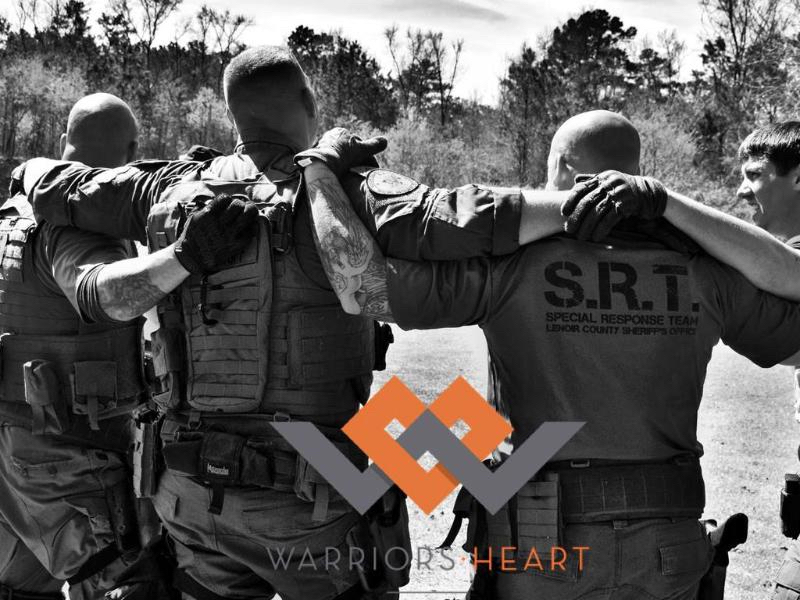
As I’ve looked at it and discovered what the underlying theory has been since the beginning, it’s essential to take certain resources and to improve whatever situation which is enhancing efficiency or output. It’s to take stewardship, be a good steward over the resources available and make a difference with those at a higher level. When I first started to learn this, I thought about you and Lisa. What you guys have been advocating for so long which is the idea that there are lots of social issues out there. Being approached from a purely socialistic standpoint is going to have a waste of resources with little accountability and not much output. As opposed to a capitalistic perspective where you’re able to make those resources more efficient and increase output and have higher levels of accountability.
You need to be an exchange. Create a system that you’re an exchange because if it’s one side, I’d say socialism, you give and the other person’s taking. It creates a sense of entitlement. That’s not what it’s about at all. It’s not about giving away everything for free. It’s being an exchange. That’s what keeps a healthy country, community going. We’re an exchange, it’s like my kids, they got to do chores. Am I paying them for it? No, that’s part of living in our house and part of them getting food, fuel, electricity and all that stuff. That’s part of being a member of our family here. I’m not going to pay you to take out the trash.
I have a laissez-faire way with my kids where we don’t have tasks they’re responsible for. I try to use principles. I talk about our home. Our home is where we come home and we rest, we have great memories and it’s where we feel safe and where we can re-energize. The way in which we treat it has to reflect what we believe its purpose of being. It’s not like they understand what that principle is but I try to govern through that principle and value of respecting your home, acknowledging its role in your life and treating it with respect as opposed to the task of picking this up and picking that up. I look at following orders and what happens when people are operating through being told what to do as opposed to being the operation having to do with following a set of principles and values. As we conclude our interview, how have you found your mission, your principles, your values, and your code, which I know is often used in the Rich Dad world? How is your code allowed that heightened level of accountability for you guys, but also maybe your family and your team?
Our past is a gift. It can help guide our future if we take it, study it, and look for the purpose behind it. Share on XI’ll frame that around the family. It’s interesting in business we write business plans. We have regular meetings from daily huddles to weekly meetings, quarterly meetings or annual meetings. We have values, we have a mission, we have vision, purpose and all that stuff we understand and that’s how we were taught and trained to build a business. Why not take those principles into family life? What’s the mission statement for our family? What are our family values that should guide our decisions? Do we have family meetings every week? Do we have annual retreats that we get together and we spend time with our family? What’s the vision? What are our goals? What are the objectives? How are you doing with your goals? What bottlenecks are getting in the way? How’d you do in a track meet this week? How was the football practice? What are your goals?
We know how to do this. Why not incorporate it into the family? Why not incorporate it into a social enterprise that we are passionate about and we want to improve the quality of or solve this social problem. We have the fundamentals. It’s principally driven. They can be applied in all aspects. I love what you said about with your family and using values and principles because it’s true. It rings to me and that’s how we run our family. Is it perfect? No. We do our best but it helps guide the decisions and creates a rhythm within our family because if you look at any culture that survived a long period of time. There are rituals to it. Rituals are what helps keep the bonds together. That’s what we do. We create rituals in our family and in our businesses.
People in general, in whatever unit, whatever capacity, we’re volatile, we’re emotional, we react to certain things. We perceive certain things in a certain way. Principles and mission are like the compass. It’s your true north. Principals don’t change values. It can’t be something and something else. This is a value and it can’t necessarily be argued. It sets this compass as to how you behave and if you’re not getting certain results, it could be because of the environment. It could be because of other people but typically you go to, “Am I aligned with principles? Am I aligned with my values?” If not, then that’s the starting place as opposed to blaming other circumstances.
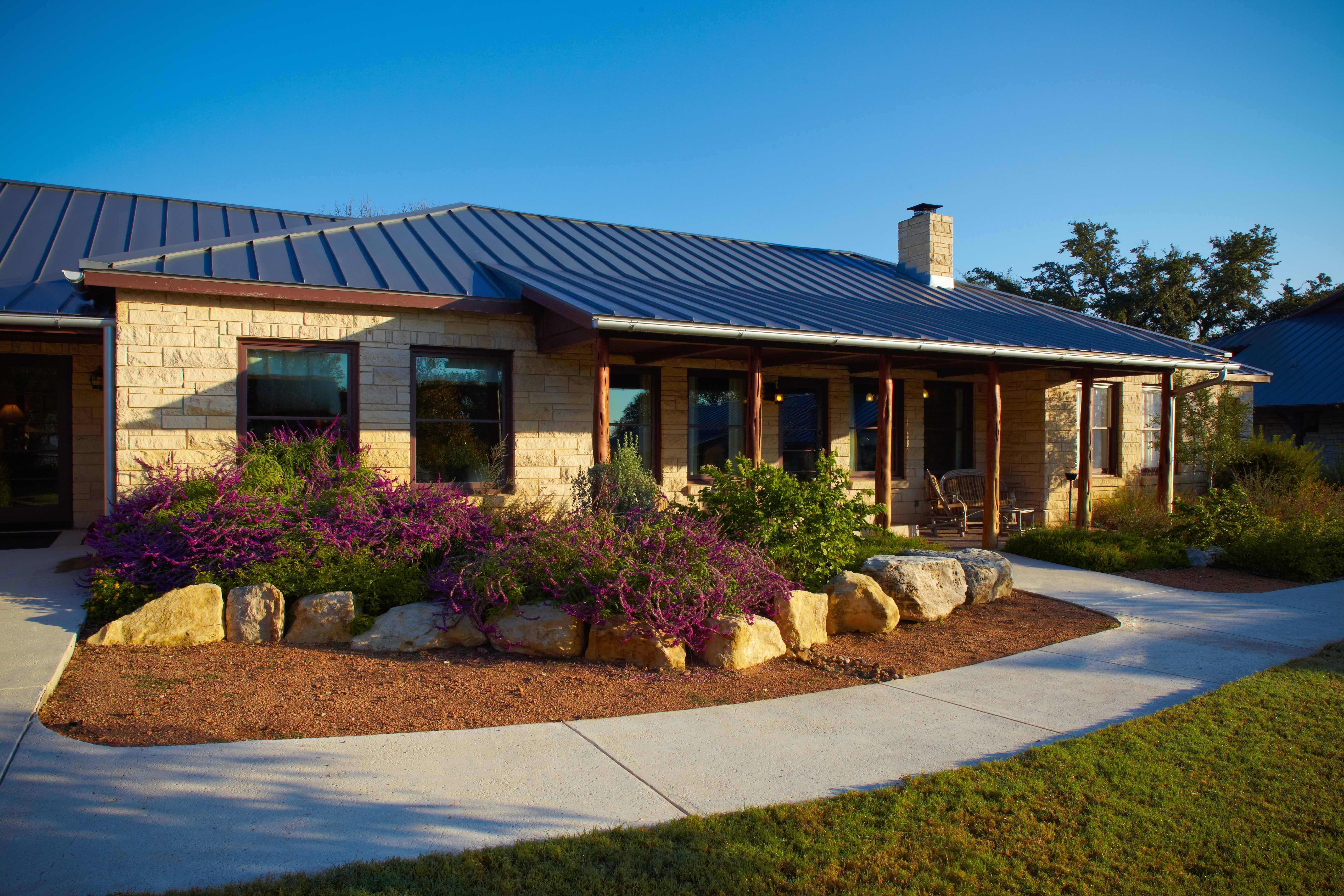
I look at kids and that’s the thing. With business, I would also say with family, understanding this helps to solidify a paradigm and perspective of those that are within our stewardship to look at the world. It’s that pay it forward thing or the compound effect where you make a difference. Somebody understands what mission-driven means or they understand what the principle of creating value is. We versus me, that right there is not for a singular purpose, but the application is most endeavors that we partake in as humans.
That’s part of the problem. In Robert’s book, FAKE, he talks about that. We’re taught by fake teachers. In other words, we’re taught by people that are not doing it themselves. As a financial planner, most of them are broke. They’re just salespeople or a personal trainer that’s overweight or a marriage counselor that’s been divorced three times. It’s like, “Why not hone integrity with what you teach? I’m not saying it’s right or wrong, I’m saying if you’re going to teach people, then be in integrity with those values all the way through. How I am at work is how I am at home. I don’t shift. It’s me. I want to be in integrity. I have to act one way in this environment. When I’m around my guy friends, I act another way. It’s like, “No. I love my wife, so I’m going to be consistent with that value no matter where I’m at or whatever it is.”
It’s humanity. It’s life. We have different groups and experiences but the principles apply to every aspect of it. It’s one of those things which has helped me in the different roles and hats that I wear where if you’re out of integrity in one area, it’s going to affect all areas. That’s where you’ll be clear about what your principles are and what your purpose is. It becomes that true north and it allows you to realign because we all get off-course and we’re all going to get off-course, but realigning there has to be some sort of standardization there to come back to equilibrium. Josh, this has been awesome. What are other ways in which people can follow you or learn more about you and about social capitalism?
The main thing is WarriorsHeart.com and then we’re also on Facebook. That’s most of my activity and focus. The last thing I would like to say though with that and social entrepreneurism purpose and mission is to look back in your past. For all of us who go, “What should I be doing? What’s my mission?” Look back in the past and a lot of times the answers are found in the past. All that crap I went through as a kid and drinking, I didn’t want to tell people that I’m an alcoholic and in recovery and all that stuff, that’s the past and say maybe I went through that for a reason. It made me stronger and it gave me the right to teach it moving forward. That could be where you find your answers.
I love the quote, “Life happens for you, not to you.” You look at the experience as they’re unique to you in the lessons that you’ve learned and what you’ve become because of it. That has shaped you into who you are, embracing that and appreciating that is empowering as opposed to being ashamed or embarrassed by it.
Our past is a gift and it can help guide our future if we take it, study it and look for the purpose behind it.
Josh, thanks so much for being on. I hope our readers have gotten a lot out of the interview. WarriorsHeart.com is a way to follow what Josh and his wife, Lisa and their team are up to and the difference they’re making in our warriors now. Follow them on social media. Josh, any final words?
Thank you. Patrick, we’ve known each other for years. I love you like a brother and I’ve been honored to be part of this journey with you. Your family is incredible and I appreciate that you’re in integrity with what you teach.
Josh, I echo everything you said right back to you and times a few multiples. We’ll have you on soon again.
Important Links:
- The Social Capitalist
- Rich Dad Advisor’s
- Warriors Heart
- TRICARE
- Grunt Style
- Black Rifle Coffee
- Whole Foods
- Peter Gray – The Wealth Standard episode with Peter Gray
- Free to Learn
- FAKE
- Facebook – Warriors Heart
- http://www.TheSocialCapitalistBook.com
- https://www.Amazon.com/Josh-Lannon/e/B00IYZGX5E%3Fref=dbs_a_mng_rwt_scns_share
- https://www.Facebook.com/JoshLannon1/
- https://www.LinkedIn.com/In/Josh-Lannon-0608985/
- https://www.Facebook.com/WarriorsHeartRehab/
- https://www.Instagram.com/Warriors_Heart_Facility/
- https://Twitter.com/WarriorsHeart22
- https://www.YouTube.com/Channel/UChGtiA91sqSv6nkP1e8Zs_Q
About Josh Lannon
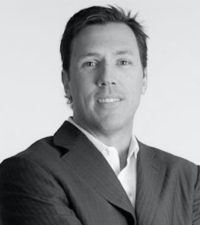 The world economy is crying out for entrepreneurs to take a stand, create jobs, and solve problems. Doing good and making money does not have to be mutually exclusive. With an inspiring story, Josh and Lisa Lannon, both of whom are Rich Dad Advisors on Social Entrepreneurism and Behavioral Change, turned a problem into a solution, built a passion driven organization, and have envisioned the coming megatrend of social entrepreneurialism. A global trend of individuals demanding more from their life’s work, the Lannon’s advise on building organizations and investing with purpose, focusing on a triple bottom-line: People, Planet and Profit.
The world economy is crying out for entrepreneurs to take a stand, create jobs, and solve problems. Doing good and making money does not have to be mutually exclusive. With an inspiring story, Josh and Lisa Lannon, both of whom are Rich Dad Advisors on Social Entrepreneurism and Behavioral Change, turned a problem into a solution, built a passion driven organization, and have envisioned the coming megatrend of social entrepreneurialism. A global trend of individuals demanding more from their life’s work, the Lannon’s advise on building organizations and investing with purpose, focusing on a triple bottom-line: People, Planet and Profit.
They are the Founders of Journey Healing Centers, an accredited drug and alcohol treatment center with 6 locations in multiple states and successfully treating thousands. In late 2013, JHC was acquired by Elements Behavior Health, a leading nationwide provider. The Lannon’s current venture is called Warrior’s Heart. A private drug and alcohol treatment center that focuses on serving the men and women who are Veterans, Military, Law Enforcement, First Responders and other Warriors. Both, Josh and Lisa Lannon, are known for their personal story how they overcame life’s obstacles, applied the Rich Dad Principles and moved onto the fast track.

